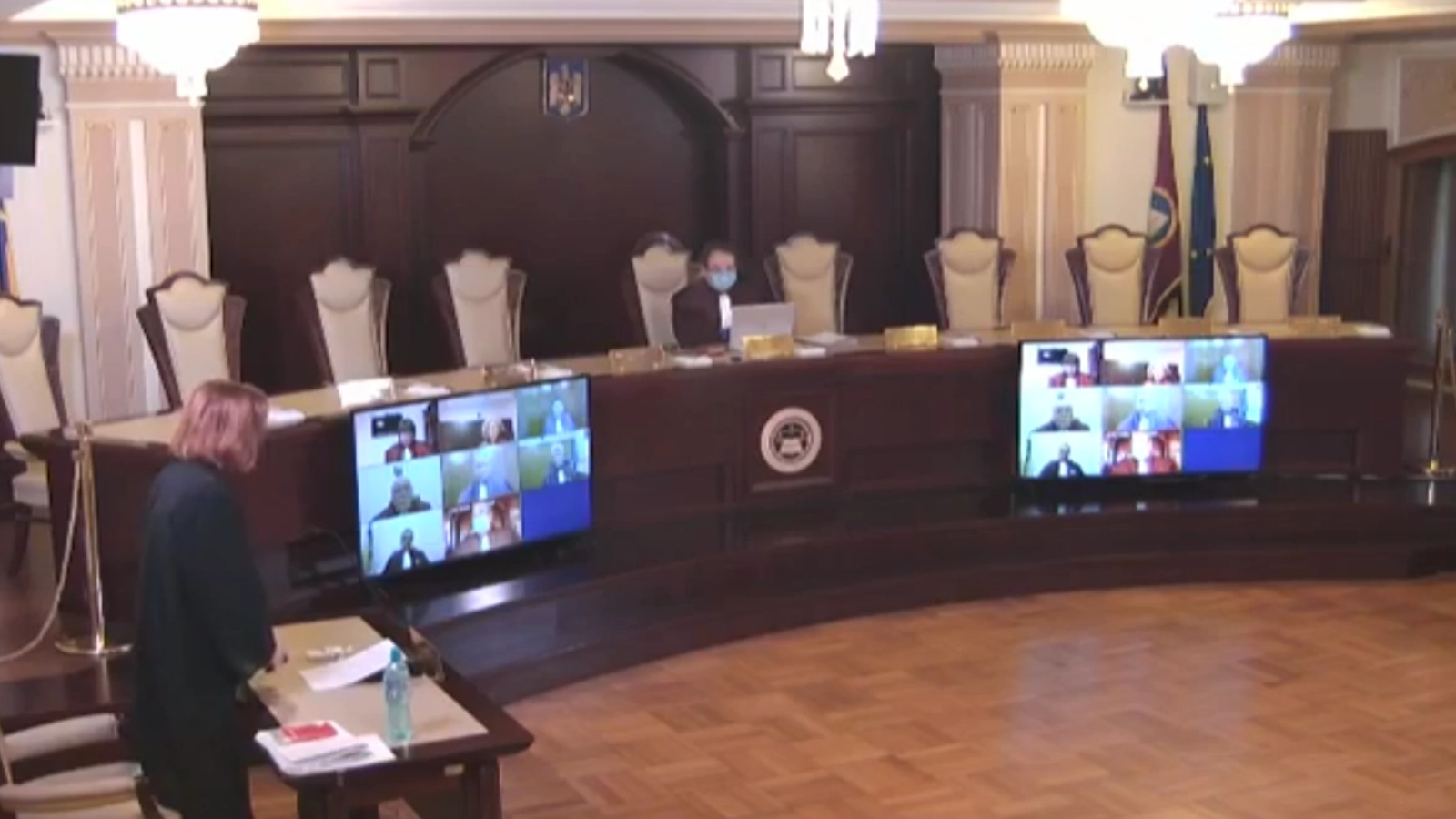The drafting of the court decision after the handing down of the ruling in criminal cases is likely to deprive the convicted person of the guarantees of the administration of justice, infringes the right of access to court and the right to a fair trial, the Constitutional Court of Romania (CCR) states in the motivation of the decision by which it established as unconstitutional certain provisions of the Criminal Procedure Code.
CCR published on Friday the motivation of its decision from early April by which it found that several provisions from the Criminal Procedure Code regarding the motivation of court decisions are unconstitutional.
"The Court notes that the reasoning of court decisions fulfils several important functions: it is a mechanism of control of the court, which must demonstrate that its judgment is legal, fair and correct, in fact and in law, is an official statement of arguments in favour of the solution, inspires a sense of social trust and constitutes a democratic control of the administration of justice, strengthens the principle of res judicata and the presumption of innocence, is the basis for the execution of a court decision, as well as for its challenge to a higher court," the document says.
"The obligation to motivate also contributes to gaining the trust of the public and the defendant in the decision reached and allows the identification of a possible bias on the part of the judge and its remediation," the CCR adds.
The Court also states that, although the reasoning of the court decision is a true guarantee of a fair trial and the administration of justice, the regulation of its drafting after the ruling "within 30 days of the ruling" (a term considered to be a recommendation) or at another unspecified date "turns this procedural act into a sanction for the defendant", who, in such a situation, is obliged to wait indefinitely for the drafting and communication of the motivated decision in order to exercise his/her right to seek extraordinary remedy.
Moreover, the CCR notes that the right to seek extraordinary remedies becomes "illusory" in so far as, in the period between the time of the judgment delivery and the date of the statement and release of its reasoning there is a possibility that the convicted person partially or even entirely serves the punishment, reports agerpres.
































Comentează